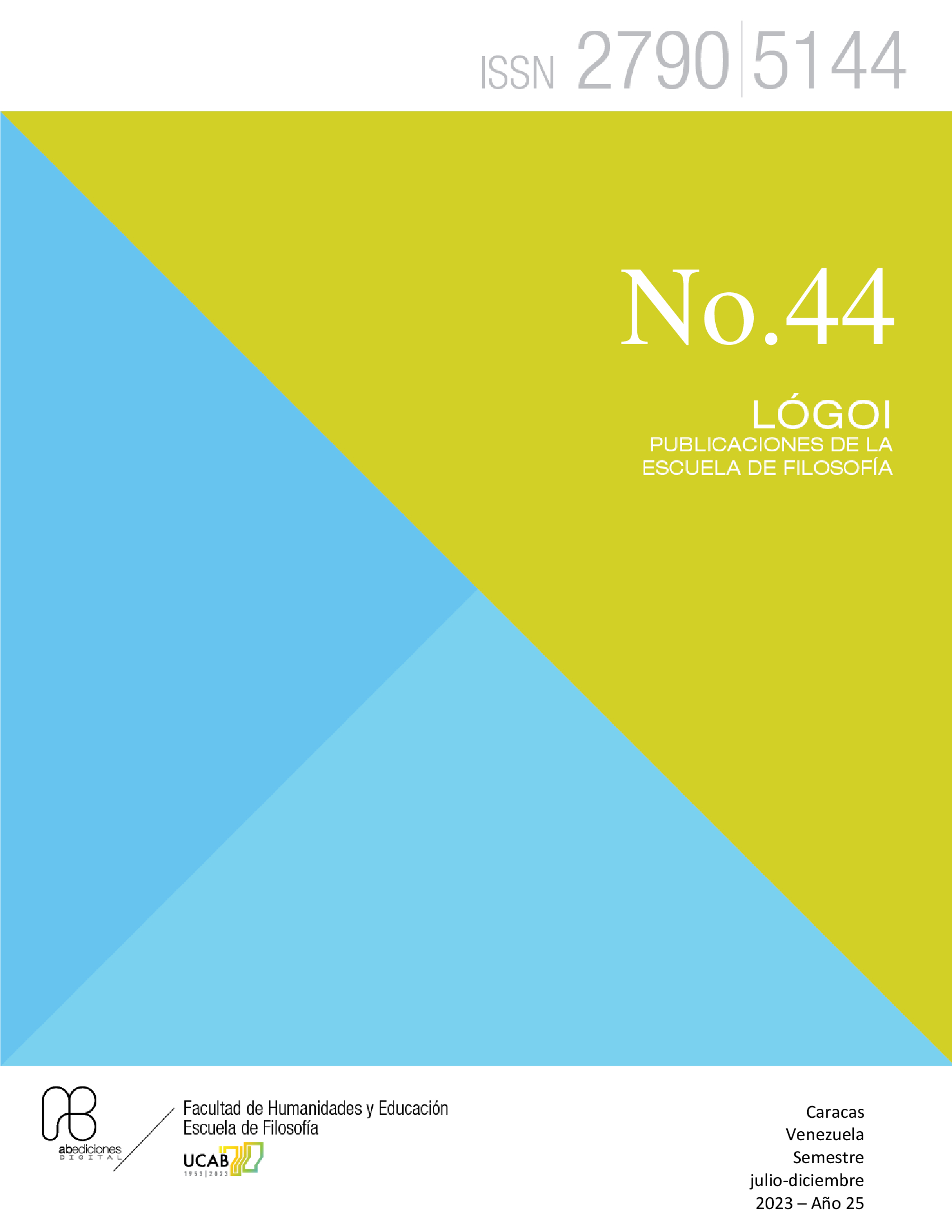No. 44 (2023): N. 44 (2023) julio-diciembre. Lógoi. Revista de Filosofía

Moral reflection, although present in national and international events, and in different fields of knowledge, it is worth specifying some aspects that correspond especially to Moral Philosophy.
This knowledge wonders about the foundation of ethics: Why is there ethics? One answer: Because there is freedom, the capacity of human beings to choose, which implies responding to the decisions made and the acts performed. This exercise of freedom and responsibility is carried out both individually and socially. Without freedom, it would be very complicated to affirm that the human being is an ethical being, understanding that this is exercised within the limits of the humanity of this being.
Now, what is ethics or moral philosophy? The term ethics comes from the Greek ethos, which means custom, principle, character. Basically, ethics is a knowledge referred to morality, to the reasons given about the principles, values or norms that people or societies have. It is the philosophical discipline that reflects on the arguments that justify human action, in relation to what is considered good and bad.
In this context is located axiology, which is understood as the philosophical discipline that deals with the study of value, of the nature of value. Etymologically, the term axiology comes from the Greek words axios, which means value, that which is valuable; and logos, study, treatise.
Why are values important? It could be said that, among other reasons, values are important because they ratify life in community, guarantee the fundamental rights of man, define the ways of life of communities, serve as a guide for human action, lead to the moral development of people and to the common welfare.








.png)









